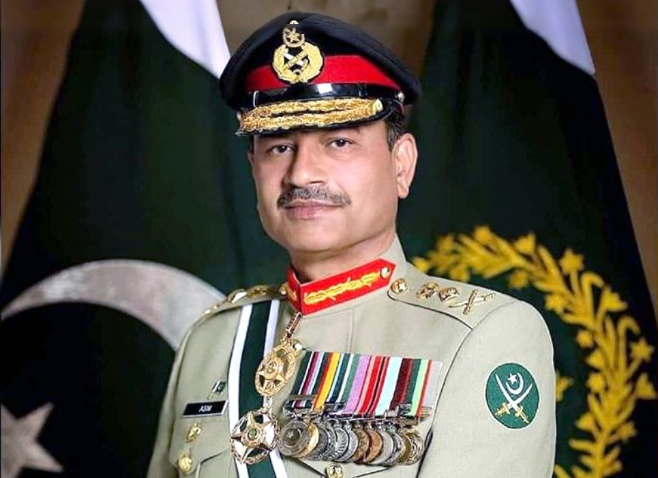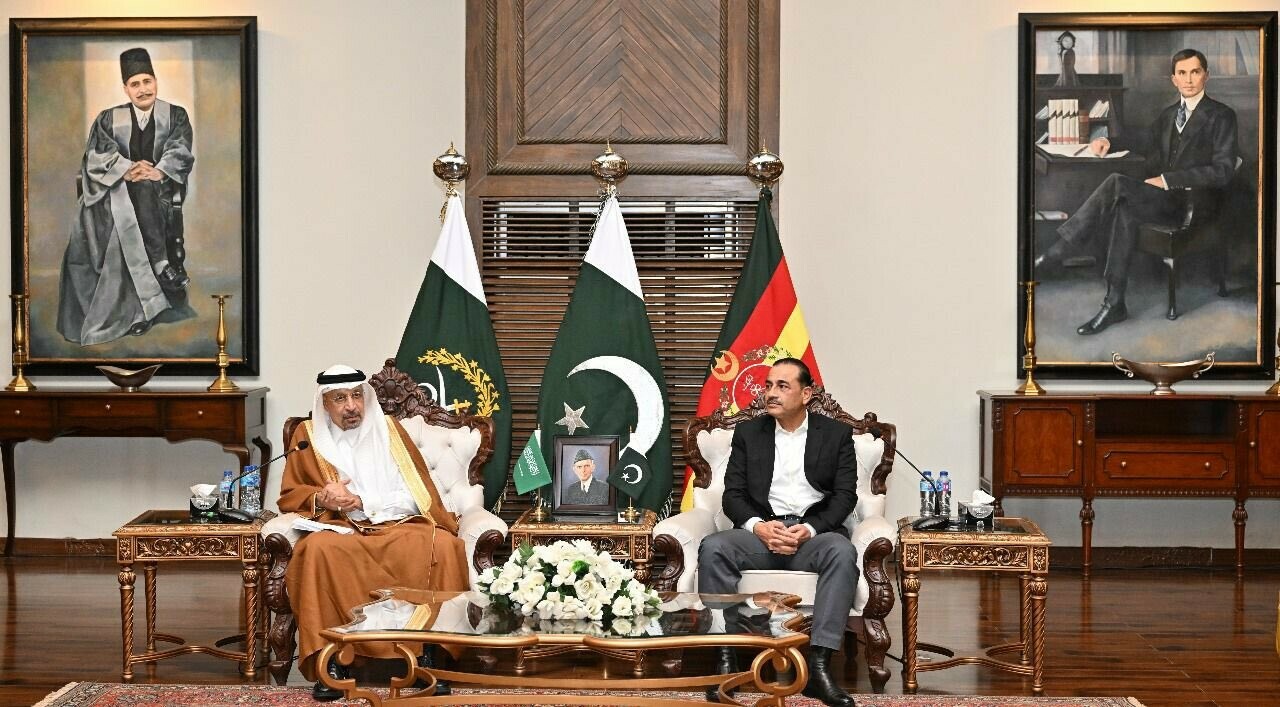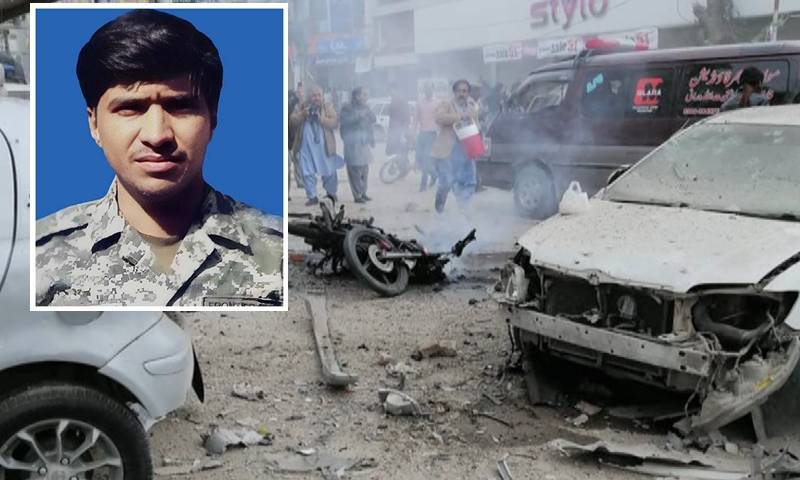PTBP Web Desk
The Supreme Court of Pakistan’s constitutional bench has scheduled hearings for key cases, including the highly anticipated military courts case. According to the released cause list, the constitutional bench will convene from January 7 to January 10 to deliberate on several critical petitions.
On January 7, a seven-member bench led by Justice Aminuddin will hear appeals challenging the annulment of civilian trials in military courts. This case stems from a landmark Supreme Court decision on October 23, 2023, which declared the trial of civilians in military courts unconstitutional. The verdict addressed the contentious issue of trying individuals involved in the May 9 and 10 riots under military laws. Additionally, petitions regarding missing persons and the restoration of student unions are also included in the court’s docket for the upcoming session.
The debate over military courts has been a polarizing issue in Pakistan. On October 23, 2023, a Supreme Court bench led by Justice Ijazul Ahsan ruled against the trial of civilians in military courts for their alleged involvement in attacks on army installations. The court declared these trials ultra vires the Constitution, emphasizing that such individuals should be tried under the country’s ordinary or special criminal laws.
The bench’s ruling affected 103 identified individuals accused of participating in violent protests following the arrest of PTI Chairman Imran Khan. The court ordered that these individuals, along with others similarly accused, be tried in criminal courts of competent jurisdiction, ensuring adherence to the Constitution and legal norms.
Several prominent figures and legal experts have filed petitions challenging the legitimacy of military trials for civilians. Among the petitioners are former Chief Justice Jawwad S. Khawaja, senior lawyer Barrister Aitzaz Ahsan, and civil society representatives, including Piler Executive Director Karamat Ali. The petitioners argue that trying civilians in military courts violates constitutional provisions and undermines the rule of law.
Their plea to the apex court underscores the importance of upholding constitutional rights and ensuring that justice is served through transparent and lawful processes. The upcoming hearings are expected to address these concerns comprehensively.
The controversy surrounding military trials traces back to violent protests that erupted across Pakistan on May 9, 2023. Following the arrest of PTI Chairman Imran Khan from the premises of the Islamabad High Court, widespread unrest ensued. Protesters targeted key military installations, including the Corps Commander’s residence in Lahore and the General Headquarters (GHQ) in Rawalpindi. These attacks were deemed an unprecedented affront to the country’s armed forces.
In response to these events, the government announced its decision to try suspects accused of attacking military installations under military laws. This decision sparked intense debate, with critics labeling it as an overreach that could set a dangerous precedent. Both the government and military defended the move, arguing that it was necessary to address the severity of the attacks and deter future violations.
The Supreme Court’s October 23 decision marked a turning point in this contentious issue. By declaring the military trials unconstitutional, the court reinforced the primacy of the Constitution and emphasized the need for civilian courts to handle such cases. The decision was widely hailed as a victory for constitutional governance and civilian supremacy.
The military courts case, the Supreme Court’s constitutional bench will address petitions related to missing persons and the restoration of student unions. These issues also carry significant implications for human rights and democratic governance in Pakistan.
The petitions concerning missing persons seek to address long-standing grievances over enforced disappearances, while the student union case aims to restore a critical platform for youth engagement in democratic processes.
The upcoming hearings are expected to provide clarity on several critical legal and constitutional questions. For the military courts case, the court’s deliberations will likely set important precedents for the future handling of similar cases, ensuring alignment with constitutional principles. The decisions on missing persons and student unions could also have far-reaching implications for human rights and democratic participation in the country.




